July 18, 2012 | Food and Beverage
What Does the New Food Safety Law Mean for You?
 By Randy McKinley, Industry Development
By Randy McKinley, Industry Development
What Does the New Food Safety Law Mean for You?
Just before Christmas, the House of Representatives and the Senate passed the FDA Food Safety Modernization Act, which President Obama signed into law on January 4, 2011. Here’s a quick look at some of the provisions in the new law:
-
Issuing recalls: For the first time, the FDA will have the authority to order a recall of food products. Up to now, with the exception of infant formula, the FDA has had to rely on food manufacturers and distributors to recall food voluntarily.
-
Conducting inspections: The law calls for more frequent inspections and for those inspections to be based on risk. Foods and facilities that pose a greater risk to food safety will get the most attention
-
Importing food: The law provides significant enhancements to FDA's ability to oversee food produced in foreign countries and imported into the United States. Also, FDA has the authority to prevent a food from entering this country if the facility has refused U.S. inspection.
-
Preventing problems: Food facilities must have a written plan that spells out the possible problems that could affect the safety of their products. The plan would outline steps that the facility would take to help prevent those problems from occurring.
-
Focusing on science and risk: The law establishes science-based standards for the safe production and harvesting of fruits and vegetables. This is an important step forward. These standards will consider both natural and man-made risks to the safety of fresh produce.
-
Respecting the role of small businesses and farms: The law also provides some flexibility, such as exemptions from the produce safety standards for small farms that sell directly to consumers at a roadside stand or farmer’s market as well as through a community supported agriculture program (CSA).
Questions About the Law
Given the importance of this legislation, it is not surprising that people have many questions. Some are asking if the roles of USDA and FDA are changing. The answer is simple: the U.S. Department of Agriculture will continue to have primary responsibility for regulating meat, poultry, and egg products.
 Another question people have been asking is “when will the changes happen?” There’s no easy answer to that question. Some of the changes from the law will go into effect immediately, such as the new mandatory recall authority. Other changes will require more time. And some of this simply comes down to budgeting.
Another question people have been asking is “when will the changes happen?” There’s no easy answer to that question. Some of the changes from the law will go into effect immediately, such as the new mandatory recall authority. Other changes will require more time. And some of this simply comes down to budgeting.
The funding the FDA will get each year, which affects the staffing and the other vital and far-ranging operations, will also affect how this legislation is implemented. For example, the inspection schedule in the legislation would increase the burden on FDA’s inspection functions. Without more funding, they will be challenged to implement the law fully without compromising other key functions. The FDA is working with Congress and partners to ensure that FDA is funded sufficiently to achieve the food safety and food defense goals.
CMTC® offers manufacturing solutions for growth and profitability for all types and sizes of industries. From small to large manufacturers you can choose from a variety of solutions to fit your needs. For more information on solutions for the Manufacturing Industry, click here or contact Randy McKinley at 310-984-9180 or email Randy at rmckinley@cmtc.com
